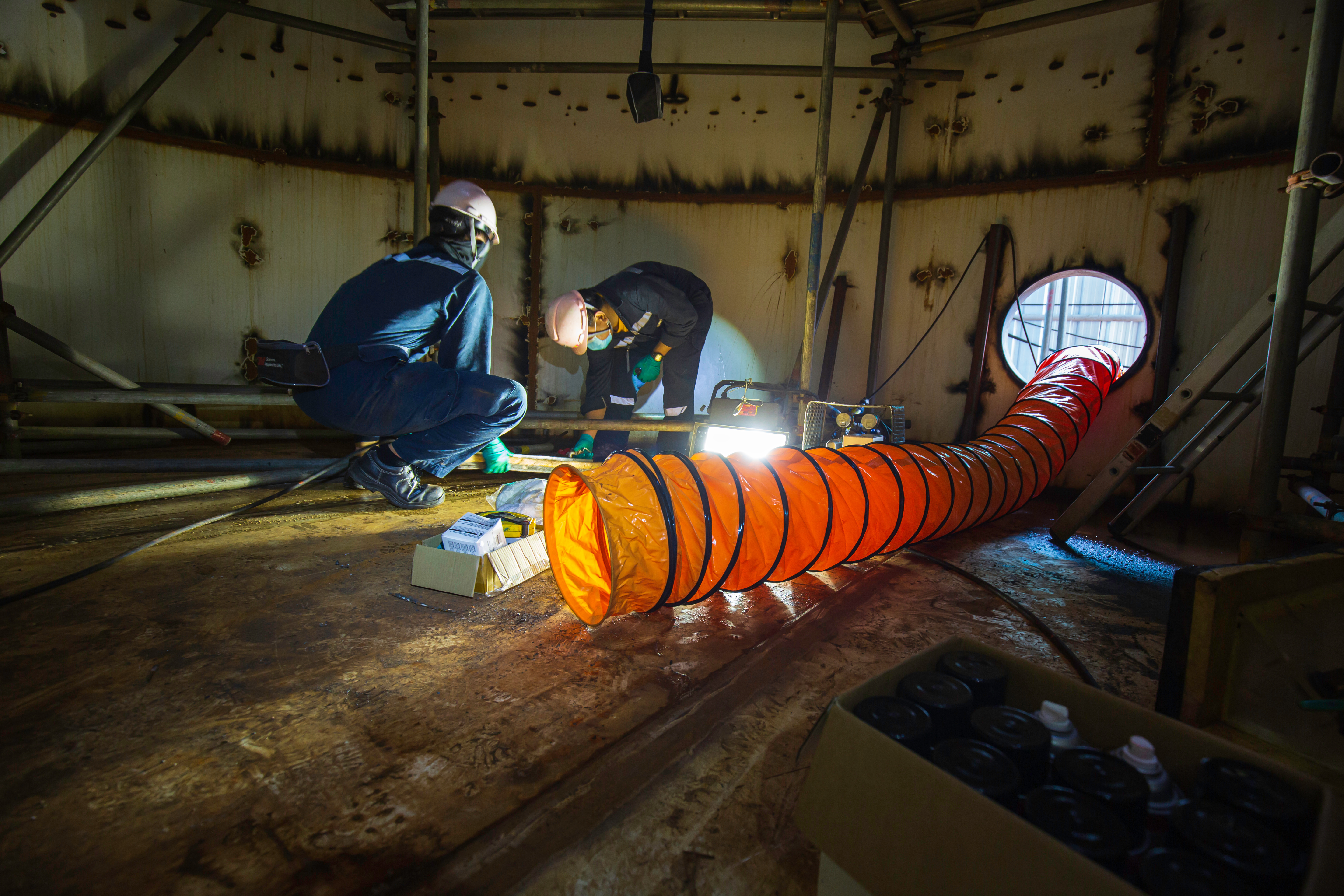HCFC Phase-out Management Plan (Stage 2) – Nigeria HPMP II
Summary
Nigeria accessed the Montreal Protocol on Substances that Deplete the Ozone Layer in October 1988. The Multilateral Fund (MLF) for the Implementation of the Montreal Protocol established under Article 10 of the Montreal Protocol provides funds for meeting the compliance obligations for phasing out of Ozone-Depleting Substances (ODSs) to parties operating under Article 5 (developing countries) of the Montreal Protocol. The funding provided by the MLF is linked to quantitative phase-out targets for specific Ozone-Depleting substance for meeting compliance obligation under the Montreal Protocol that includes industrial conversion to non-ODS technologies, technical assistance, training and capacity building.
The Stage I of the Nigeria HPMP was approved at the 62nd Meeting of the Executive Committee (ExCom). UNDP was the lead implementing agency with UNIDO as the collaborating implementing agency. For the implementation of stage II of the HPMP, approved at the 81st Meeting of the ExCom, the Government of Italy also became a bilateral collaborating agency.
This component of the Stage-II addresses the fulfilment of Nigeria’s Montreal Protocol (MP) obligations for the period 2019-2023. It concerns the remaining HCFC-141b use in all remaining non-refrigeration foam applications. The project decided to use a Group Phase-out Plan approach for the smaller end users, while larger users/exceptional cases are addressed through individual projects.

Background
This project is aimed at complementing the efforts and results achieved under Phase II of the project which is linked to quantitative phase-out targets for specific ozone-Depleting substances for meeting compliance obligation under the Montreal Protocol.
This component will also position the service sector for the future challenges of energy efficiency improvements and changes associated with the Kigali Amendment. Execution of this plan phases out the use of 1,274.05 tonnes/year of HCFC-22 at baseline conditions and thus contributes considerably to the HCFC Phase-out Management Plan (HPMP-II).
The outline of key components/activities to be implemented in this sector are:
- Policy/regulatory strengthening, particularly relating to standards in RAC servicing and initiation of a certification system in Nigeria.
- Strengthening RACS sector training standards and capacity to improve service levels and equipment performance and reduce leakage rates and energy consumption.
- Establishing an effective HCFC reclaim scheme to facilitate end-of-life phase-out of existing equipment without the need for virgin HCFC-22.
- Updating customs training to cover HCFCs and developing awareness of upcoming HFC issues and challenges.
- Key Demonstration projects, to illustrate the safe and efficient use of Hydrocarbon refrigerants in air-conditioning applications.
Project Outcome
Policy/regulatory strengthening, particularly relating to standards in RAC servicing and initiation of a certification system in Nigeria.
Strengthening RACS sector training standards and capacity to improve service levels and equipment performance and reduce leakage rates and energy consumption.
Establishing an effective HCFC reclaim scheme to facilitate end-of-life phase-out of existing equipment without the need for virgin HCFC-22.
Updating customs training to cover HCFCs and developing awareness of upcoming HFC issues and challenges.
Key Demonstration projects, to illustrate the safe and efficient use of Hydrocarbon refrigerants in air-conditioning applications
Target Beneficiaries and their location
Geographic focus:
Lagos
Target beneficiaries: The Industries: The Industries will be responsible for achieving their respective phase-out targets. Through the funding support and technical support of the project, and under the overall guidance of the HPMP Project Management Unit and the NOU, the identified industries would convert to HCFC-free technologies. In the servicing sector, where a large number of small enterprises are involved, the Project Unit will work with industry associations (NARAP, etc.) and other industry stakeholders in capacity building for smooth adoption of HCFC-free technologies.

 Locations
Locations




